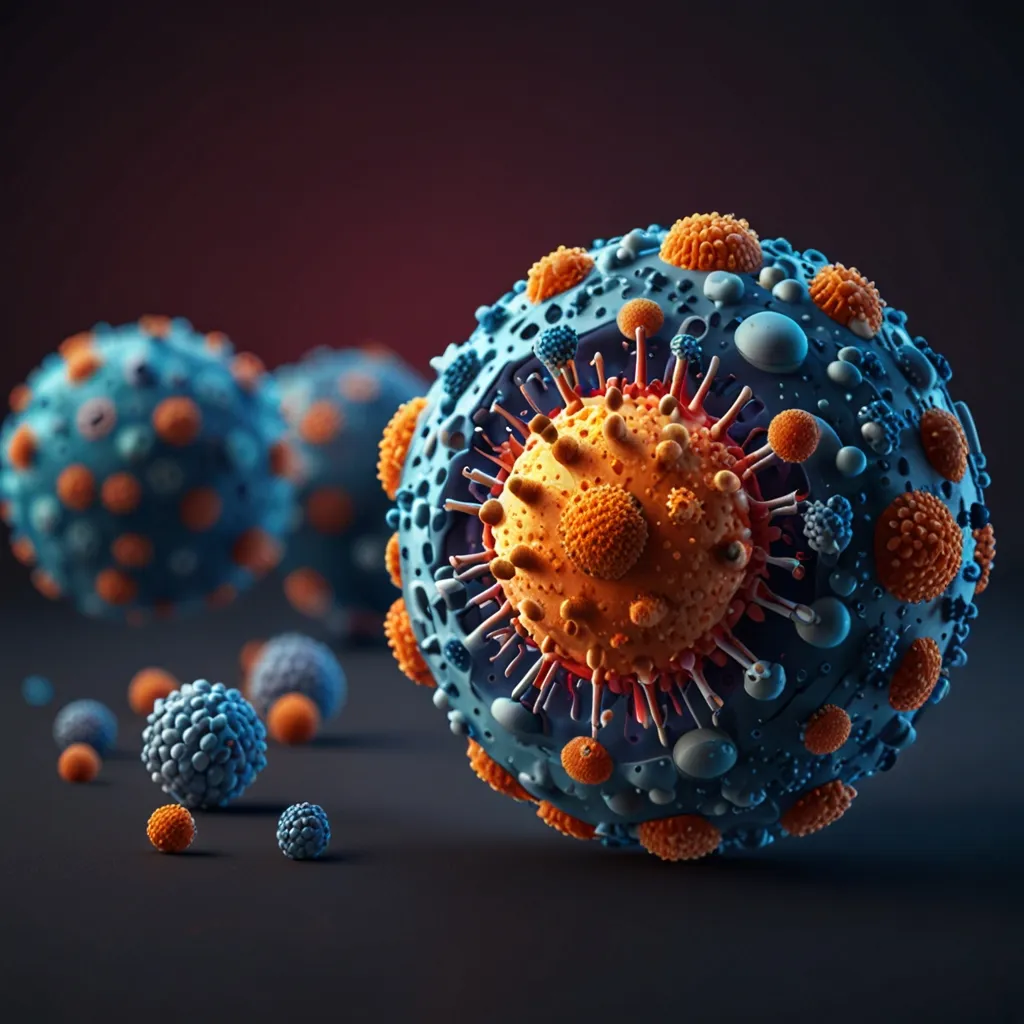Human Papillomavirus, or HPV for short, is a pretty widespread virus that impacts millions globally. It’s known for causing different kinds of warts and, sometimes, more serious health issues like cancer. Let’s break it down in a way that makes sense and feels easy to follow.
HPV is a double-stranded DNA virus affecting both skin and mucous membranes. There are over 100 types, and they’re grouped by risk levels. Some are low-risk and only cause harmless warts, while others are high-risk and can lead to cancer.
The virus sneaks into the body through breaks in the skin or mucous membranes and then infects the basal stem cells. Interestingly, HPV can hang around without any signs for a long time; this is known as a latent infection.
Most commonly, HPV spreads through sexual contact of any kind—vaginal, anal, or even oral sex. Penetration isn’t necessarily required; skin-to-skin contact alone can do the trick. The more sexual partners someone has, the higher the risk they face. Other risk factors include smoking, long-term use of oral contraceptives, and exposure to UV light.
Most people won’t show symptoms if they catch HPV. Usually, the immune system clears it up within two years. But sometimes, it causes visible warts on the genitals, hands, or feet. These warts aren’t harmful but can be pretty irritating and unsightly.
High-risk HPV types, like 16 and 18, are more dangerous. They can mess with the cells in the cervix, vagina, vulva, penis, anus, and throat, which can turn cancerous over time. Cervical cancer is the most common cancer linked to HPV, but just because someone has HPV doesn’t mean they will get cancer.
Prevention is the game plan here. The HPV vaccine is super effective in beating the most common types causing cancer and genital warts. It’s best given to boys and girls aged 11-12, and they should complete the series by age 13. Even if someone is already infected with one type of HPV, the vaccine can protect against other types.
Regular check-ups are also crucial. For women, a Pap test can catch abnormal cervical cell changes early, letting them get treated before things get serious. Men can get screened for HPV-related cancers too, especially if their immune system isn’t strong.
There’s no cure for HPV, but treatments exist for its conditions. Genital warts can be removed, and precancerous lesions can be treated to stop them from becoming cancerous.
In short, HPV is super common and can cause warts and cancer. It’s sexually transmitted, but vaccines and regular screenings can prevent and manage it. Knowing about HPV and taking preventive steps can help keep serious health issues at bay.






